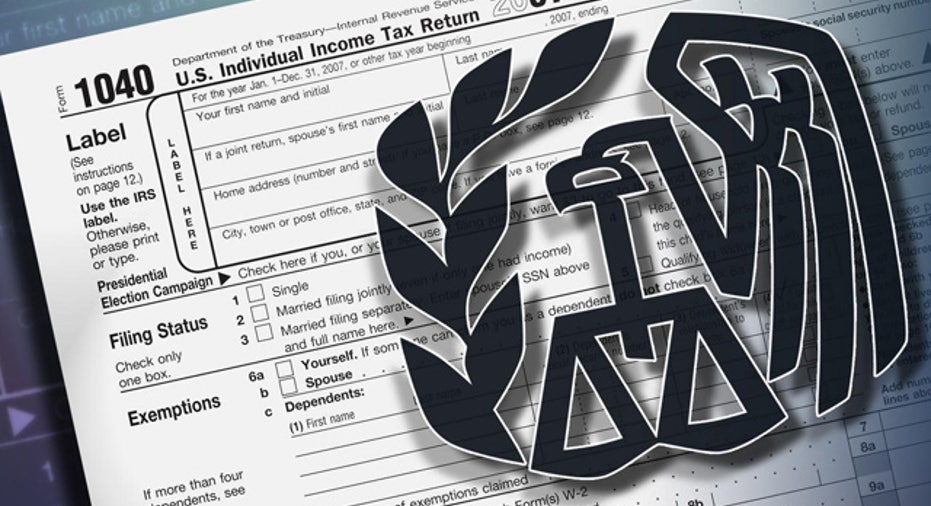2014 Tax Filing Season 'Worst in Memory'

Constant neurotic fiddling of the tax code, and the push to turn the nation’s tax collector into a policy enforcer, is wrecking it for taxpayers.
That’s the message of a new report to Congress from National Taxpayer Advocate Nina Olson, who said that, for those who needed IRS help, this “filing season was by far the worst in memory.”
Confusion over the new health reform law and other tax changes, helped spike higher the volume of calls the agency received by 41%, with the duration of each call increasing by 10% versus last year.
But the IRS answered only 37% of taxpayer calls routed to customer service representatives overall, and the hold time for the lucky taxpayers who got through averaged 23 minutes, the worst performance ever. This level of service is a sharp drop-off from the 2014 filing season, when the IRS answered 71% of its calls and hold times averaged about 14 minutes, the Taxpayer Advocate warns.
The agency also hung up on taxpayers calling for help 8.8 million times in the 2015 taxpayer season, up dramatically from the 544,000 hang-ups in 2014, an increase of 1,500%.
The report found that during the filing season, the IRS processed 126.1 million individual tax returns versus 125.6 million last year, and issued 91.8 million refunds compared with 94.8 million in 2014. The average refund amount was $2,711, as opposed to $2,686 last year.
The report also found the IRS ran a successful filing season while under difficult circumstances due to budget cut backs.
“With funding down about 17 % on an inflation-adjusted basis since [fiscal] 2010, with the IRS having had to implement large portions of the [health reform law], and the Foreign Account Tax Compliance Act (FATCA) this year without any supplemental funding, sharp declines in taxpayer service were inevitable,” Olson wrote.
On top of all this, more than 300,000 taxpayers overpaid the Individual Shared Responsibility Payment for health insurance on their tax returns processed through the end of April, according to the new report.
Most of these taxpayers did not owe the individual mandate, since they were eligible for an exemption due to their low incomes under the Affordable Care Act. The report said the average overpayment amounted to a little over $110 per return.
Olson advised the IRS to issue refunds to the affected taxpayers without requiring them to file amended returns. Reason: Most of the taxpayers used paid tax preparers who somehow didn’t understand the new law, and thus could spend more than the $110 average overpayment amount in preparer fees if amended returns are required. The IRS as of press time has not ruled on the issue.
Overall, Olson warned that the drop-off in taxpayer service threatens to erode taxpayer trust.
“For a tax system that relies on voluntary self-assessment by its taxpayers, none of this bodes well,” the Taxpayer Advocate wrote. “In fact, there is a real risk that the inability of taxpayers to obtain assistance from the government, and their consequent frustration, will lead to less voluntary compliance and more enforced compliance.”



















